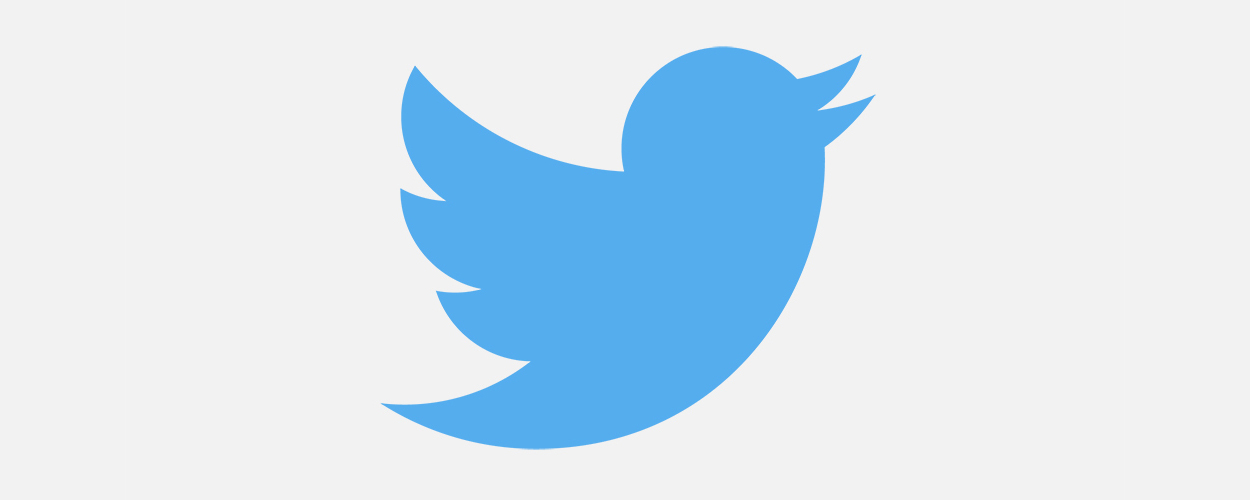This website uses cookies so that we can provide you with the best user experience possible. Cookie information is stored in your browser and performs functions such as recognising you when you return to our website and helping our team to understand which sections of the website you find most interesting and useful.
Business News Digital Labels & Publishers Legal Top Stories
Congress members hit out at Twitter over rights management systems and lack of music licences
By Chris Cooke | Published on Tuesday 3 August 2021

More than 20 members of US Congress have signed a letter to Twitter boss Jack Dorsey calling on him to implement robust content protection technology across his company’s platform, so that it is easier for the music industry to monitor and control the use of its songs and recordings on the social media service. And while he’s at it, he should really look into getting some music licensing deals in place too.
It’s current music industry policy, of course, to hate Twitch on odd dates and Twitter on even dates, which is presumably why Congress members Kelly Armstrong and Hakeem Jeffries arranged for their letter to Dorsey to be sent yesterday. Since the music industry’s war with YouTube started to subside, it has generally been Twitch and Twitter that have come in for the most criticism from record companies and music publishers over the amount of unlicensed music swimming around their platforms.
Like YouTube before them, they both claim safe harbour protection from legal liability for all that unlicensed music. Though, unlike YouTube, which used the safe harbour to negotiate more preferential deals with music companies, Twitch and Twitter have mainly used the safe harbour to date to avoid doing any deals at all. They’d argue that music is less central to their platforms, though the music industry would point out how both companies have sought to schmooze musicians in recent years, while not licensing their music.
Amazon-owned Twitch does actually have a smattering of deals in place with some music distributors and collecting societies, but has been criticised for not securing wider and bigger music licences. It’s also been criticised – by both the music industry and its own users – for not having better systems in place to deal with the copyright takedown notices that both labels and publishers have been sending with increased frequency.
Interestingly, although Armstrong and Jeffries’ letter to Dorsey does call for Twitter to enter into licensing deals with the music industry, it actually focuses much more on the social media firm’s content management systems, making some very specific criticism and requests that suggest they’ve been briefed in detail by the music industry’s rights management experts.
In the letter – co-signed by 20 other members of the US House Of Representatives from both sides of the political spectrum – Armstrong and Jeffries begin by stating that “creative content drives engagement on Twitter, yet unlike numerous other platforms, Twitter has not acquired licences necessary to ensure that all creators are properly compensated for use of their works”.
“Twitter claims it is not a primary destination for sharing music; however, musicians comprise many of the most followed accounts on the platform”, they go on. “The problem of infringement is well-documented. For example, in the first half of last year alone, Twitter itself reported receiving notices identifying 1.6 million infringements”.
And then the technical criticism begins. “Additional infringing content almost certainly goes undiscovered”, they add, because, “Twitter has taken the unprecedented step of charging creators for a fully functional search API that can identify instances of infringement at scale. To be clear, the standard API Twitter offers free of charge is of such limited functionality that it cannot provide meaningful results at the scale of infringement occurring on the platform”.
“While Twitter offers a more sophisticated API to academic researchers for free”, they continue, “it denies these tools to creators whose infringed works help generate revenue for the company. Between refusing to pay creators for their works and obstructing their discovery of infringing works, it appears that unauthorised use of copyrighted works is an unacknowledged part of Twitter’s business model”.
They then note the recent addition of donation tools to Twitter via the company’s new Tip Jar feature. That feature, they say, “demonstrates a lack of understanding and respect for the rights holders involved in the content posted on Twitter. A more targeted measure that would indeed help its users benefit from their creativity, would be for the company to pay to license the content on its platform”.
“Not only would this improve user experience by granting lawful access to copyrighted works”, they go on, “but it would also ensure that rights holders are properly compensated for their contribution to the content. Entering into licensing agreements would thus avoid the status quo in which creators rely on crowdfunded donations while Twitter continues to profit from infringement of their works”.
Finally they ask Dorsey three questions, which brings the letter back to the technical. Those questions are as follows…
1. What will Twitter do to enable content owners to meaningfully search for and identify infringement of their works at a scale commensurate with the amount of infringing tweets occurring on the platform at no additional cost to them?
2. Tweets can be uploaded in a fraction of a second, and hundreds of millions are posted to Twitter every day. What is Twitter doing to ensure that takedown notices are addressed in a manner that corresponds with that speed and volume?
3. Will Twitter add robust content protection technology across all of its platforms and implement it effectively to decrease the posting and reposting of infringing content?
Dorsey now has until 27 Aug to respond.





